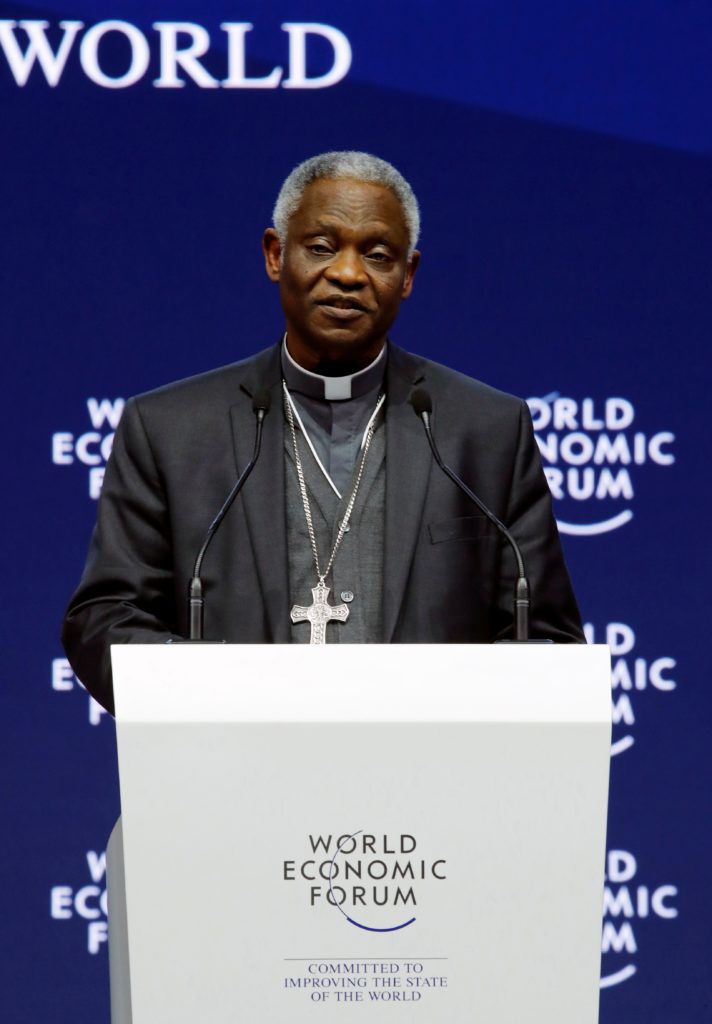At the beginning of June, the EDD (European Development Days) were held in Brussels. It is the "Davos" of cooperation, as someone calls this two-day event that brings together parties concerned by the challenge of development: the European institutions and the Member States, NGOcompanies, companies, different realities of civil society.
At the heart of a Europe that on the one hand produces and on the other builds walls, always in search of a unifying identity, the question has arisen as to how to rebalance the plane now tilted under the weight of global inequalities.
Thus, among the many words that are pronounced in these "events", there is one that seems to stand out: collaboration and cooperation between the different actors. This has been pointed out by the President of the European Commission, Jean-Claude Junker, and has been affirmed by the leaders of the countries of the world. AfricansWe do not want the intervention of the neocolonialist mold, but we are considering interventions on which we can work together. And what are these indispensable initiatives to achieve the sustainable development goals?
Reality always comes back to two main issues that go hand in hand: the demand for work and education. Those who work in refugee camps, to cite just one example, know from experience that a cash-for-work project allows those who are housed for a long time in camps in Lebanon, Jordan and Kenya to regain their dignity and not have to move too far away from their homeland. And Europe can contain the arrival of new desperate people.
But work is not enough. Work without education is likely to be hard to breathe, and vice versa. Education without work creates frustration. But beware: education must be of quality, and along with the transmission of technical knowledge, it is also "openness" and davos cooperation critical use of reason. This is, for example, the challenge of the project Back to the FutureAVSI is carrying out with other partners in Lebanon and Jordan. The numbers help to understand its scope: 30,000 children involved in Lebanon; 10,000 in Jordan; and a total of 200,000 indirect beneficiaries.
Degree in Classical Literature and PhD in Sociology of Communication. Communications Director of the AVSI Foundation, based in Milan, dedicated to development cooperation and humanitarian aid worldwide. She has received several awards for her journalistic activity.











